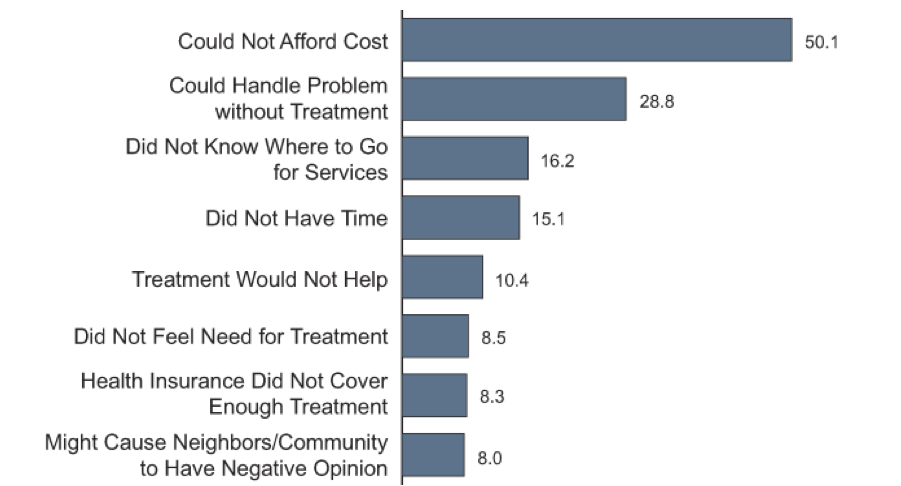By MHAM volunteer Stephen Larson
Sometimes I think we let ourselves become identified with our diagnosis simply, and certainly through no fault of our own, because this is what we know. Think back to life before recovery. Personally I did not know there was something physiologically wrong with me. I always thought life should not be so difficult, and I had God knows how many excuses for being and feeling different, alone, disconnected and just not fitting in. The bottom line was that I was damaged goods and reasons or excuses did not really matter apart from serving as more goals to overcome.
Once I had a counselor, in all seriousness, ask me why I had not killed myself yet. At the time I focused all of my anger on his audacity and his ignorance of the fact that I was special. Whatever his motives for posing such a question, the fact is that it stuck.
What kept/keeps me going despite my perceptions of my self and the world? Why care when not doing so would be so much easier?
Blaming others for my circumstances really did not make me feel better and excuses only sidetracked my focus from the real issues. I did not know life could be better. It never occurred to me that I might be normal and healthy in most regards, or that I was not at fault for what ever was keeping me down. I never considered myself mentally ill but rather not a real or whole person at all.
There was something I was not getting.
I often refer to thinking that there was a curtain in my mind and I didn’t know what was on the other side. For me my self- medicating chemical abuse was, and still can be, so horrendous no one thought to look any further. My excuses were provided by those I loved and affected the most throughout my life as I cycled through mania and depression, violence and lethargy, craving attention while fleeing and isolating from people, as well as using sex, drugs and rock & roll just to feel normal when at the same time I was clueless about who or what I actually wanted to be. But I always knew deep down things would be better someday.
And I am glad I waited. Through patience, perseverance, and most of all stubbornness I just tried doing the next right thing and tried not to get caught up in the results. I chose not to focus on happiness as a thing in the future and realized happiness is just a thought away.
And that’s what’s good with me.
I try to do the next right thing, do what I am told and trust all will be well and that I cannot fail. At first I rejected everything about my mental illness and that took some time to get over, but now instead of being consumed by a diagnosis I understand that I if follow through with my treatments and medications it becomes a rather small, though important, part of my life. This attitude generalizes to the rest of my life and allows me to be involved in my life rather than being a passive bystander.
What’s good with me today? I am able to work part time again, I volunteer for causes that are important to me, I write and I am clean and sober, though some days reluctantly. I have another chance to see life from a different point of view, a life that is now full of hope, trust and wonderful people. I once heard that if you have gratitude in your life everything is important.
So, welcome to MHAM’s ‘What’s Good With You?’ blog project!
MHAM is now requesting and accepting stories from you for our new blog project. Submissions should focus on the positive aspects of your or a significant others’ recovery from mental illness, and be up to 750 words in length. Please don’t worry about your writing abilities as assistance with writing or editing will be available.
The following writing prompts may help spark your imagination or develop your ideas:
1. Because my mental illness is managed I see the world differently. As I recover I discover_______________. (e.g. I trust people, I am eager to meet others). What is important and new in your world today?
2. Maintenance of my mental illness is very important to me. I let the people the in my life know I will not compromise on ________________________. (e.g. sleep, human contact, medications, etc…). Describe what others need to know about your recovery.
3. Considering my recovery, when I think of my future I think of_______(e.g. possibilities, wishes, hopes, desires…). Describe what your future holds.
4. Today the best things I have to offer other people include______________________. (e.g. friendship, support, companionship, understanding, help…).
Of course other ideas are welcome though we wish to stick with subjective positive experiences and insights about recovery.
Please send submissions to: [email protected]


